Fieldwork
This listing expired on December 31, 2024. Please contact fieldschooloman@gmail.com for any updated information.
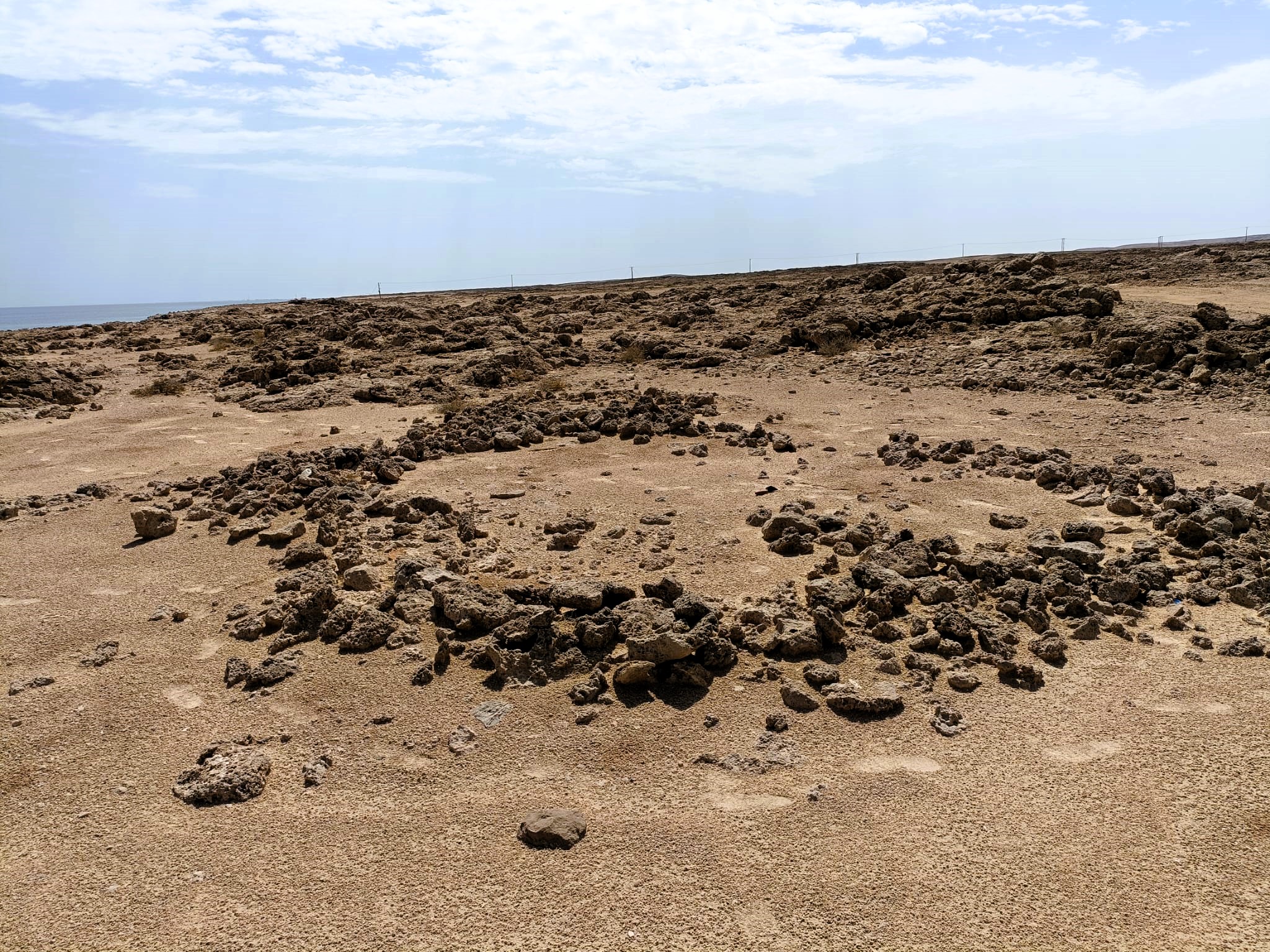
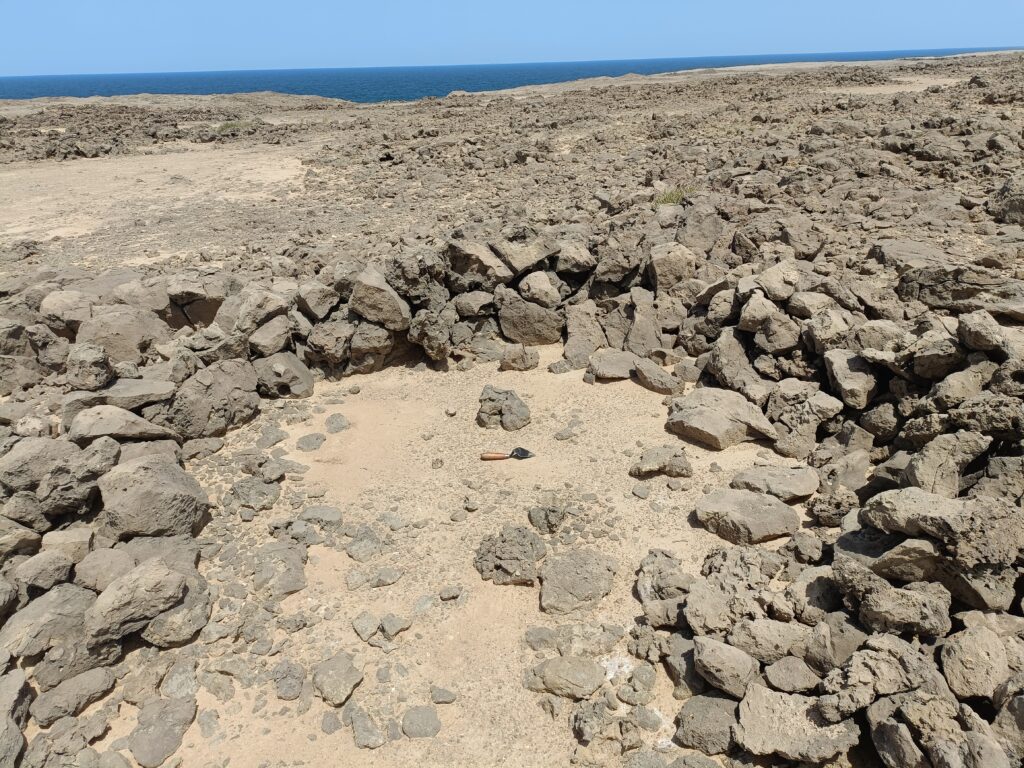
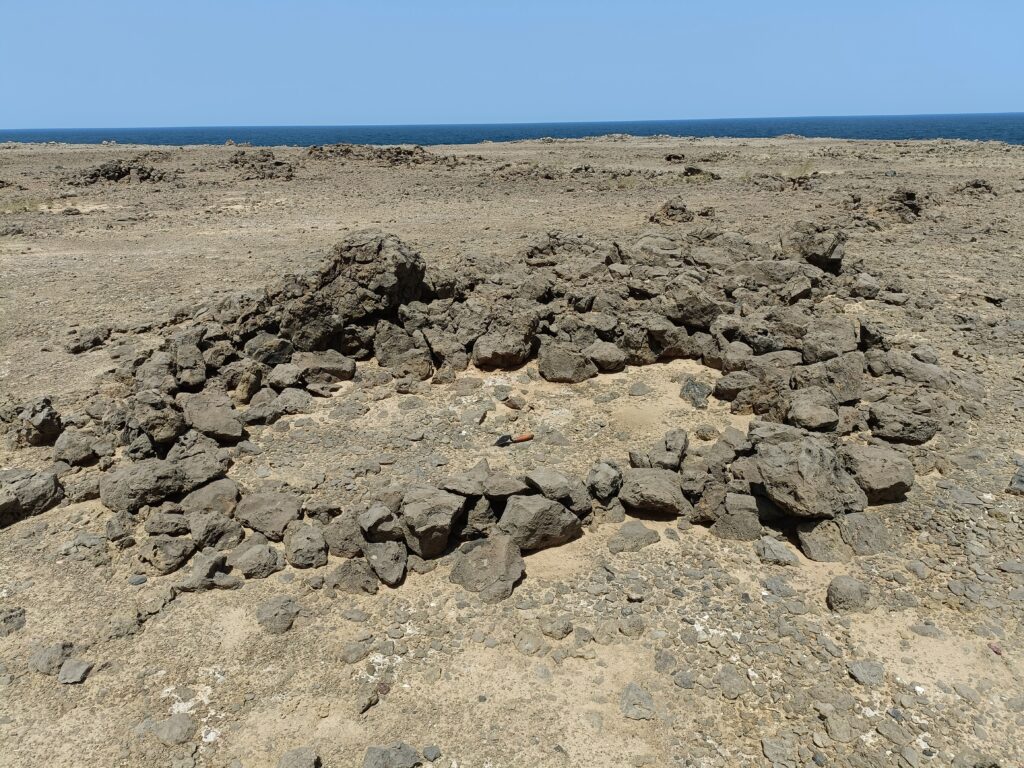
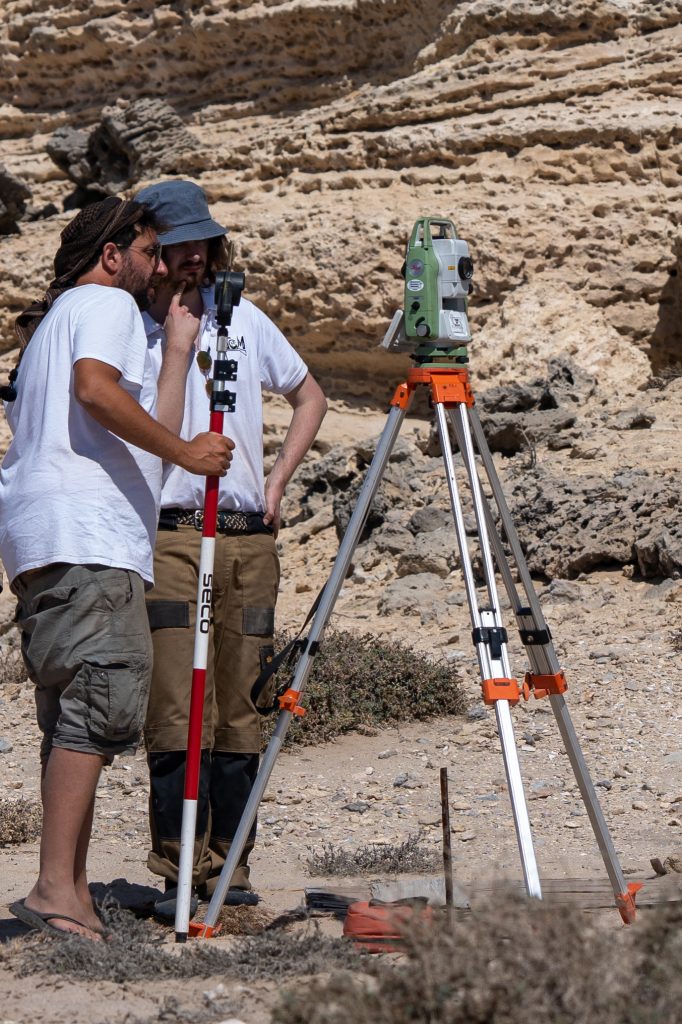
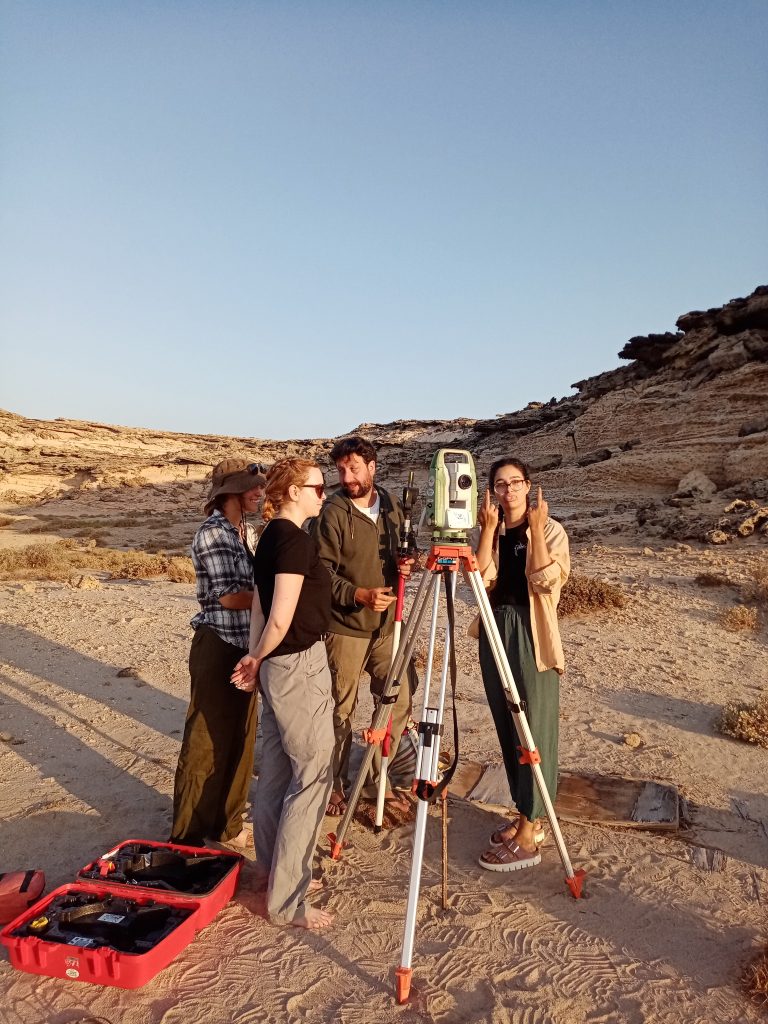
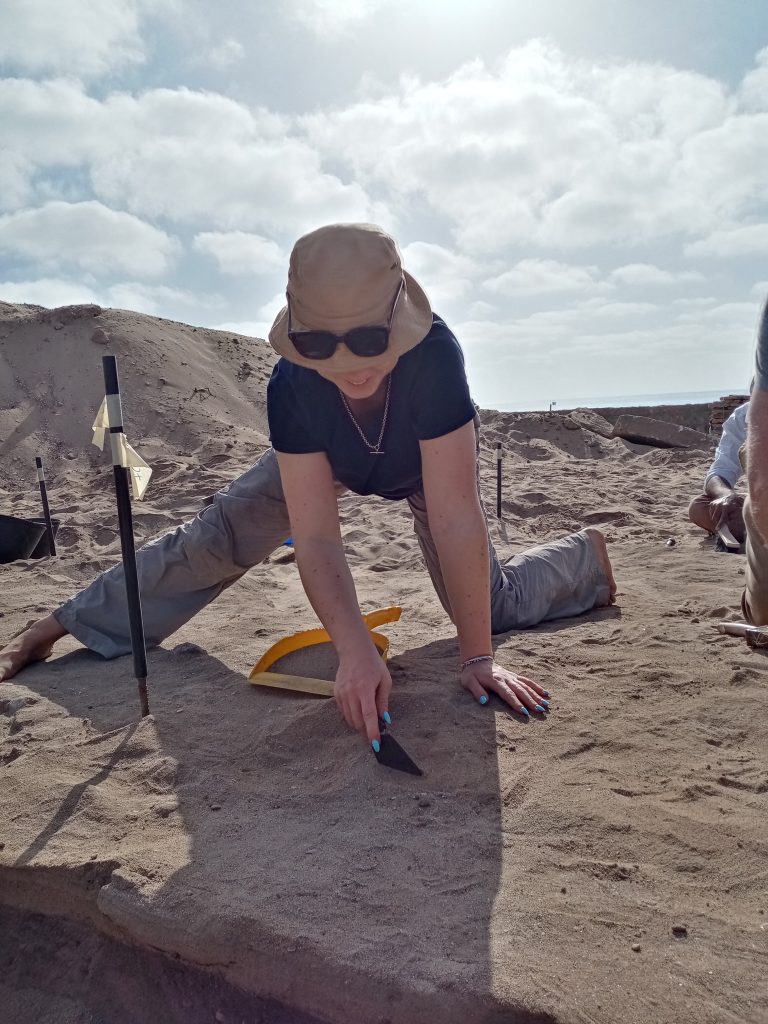
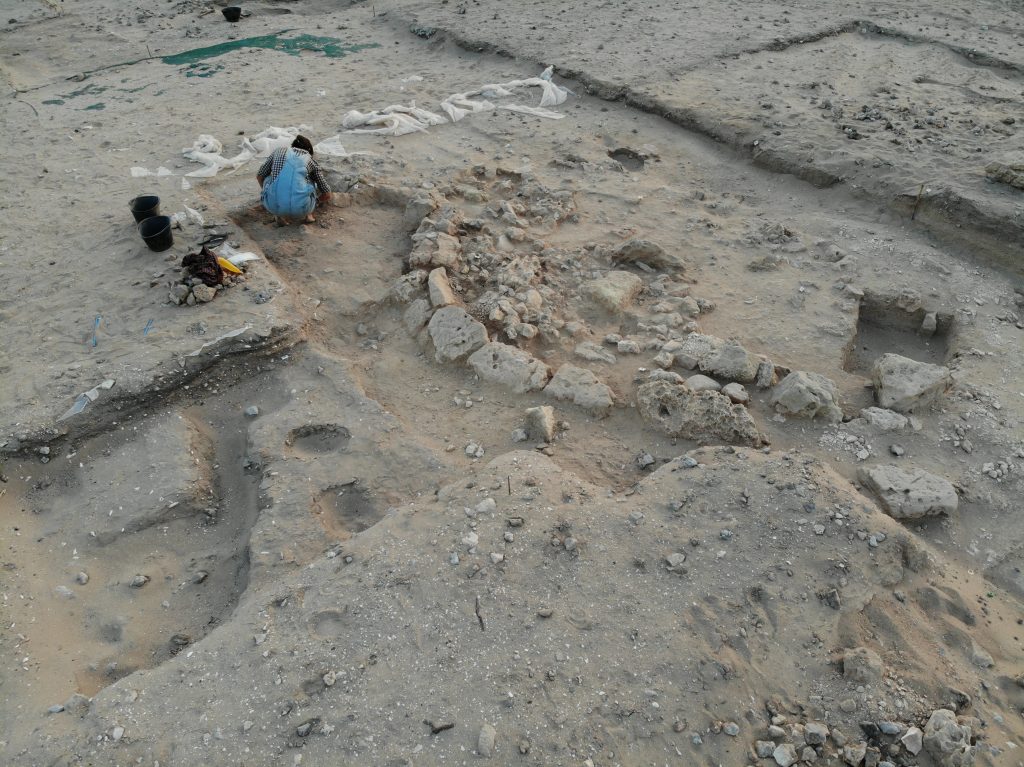
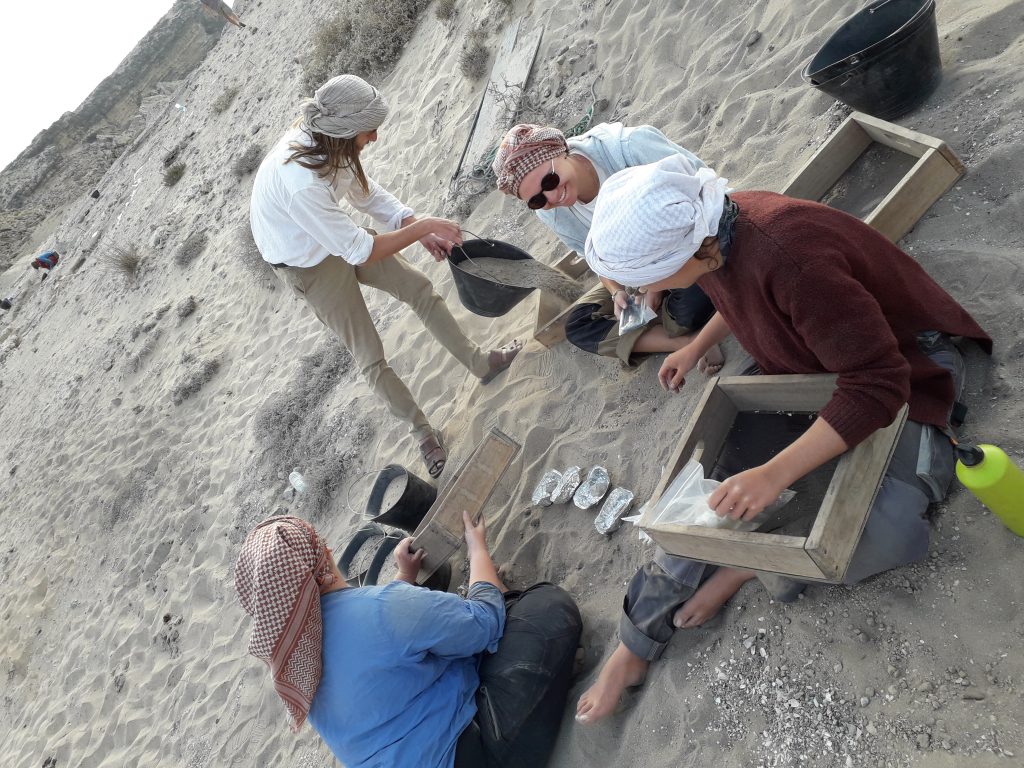
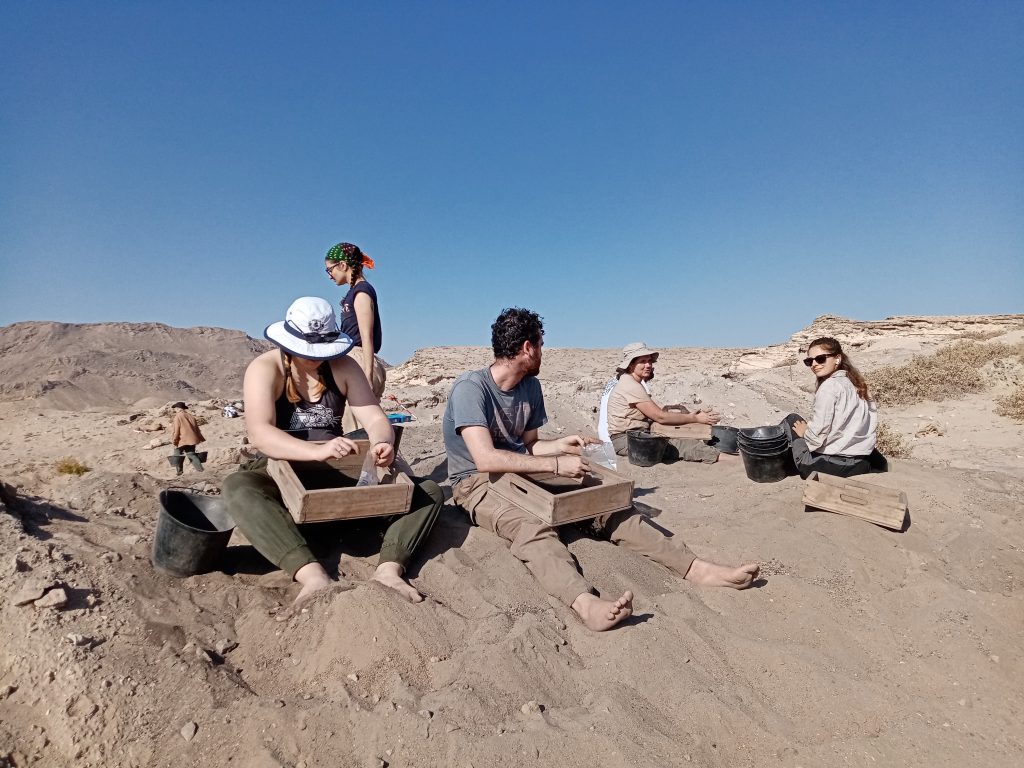
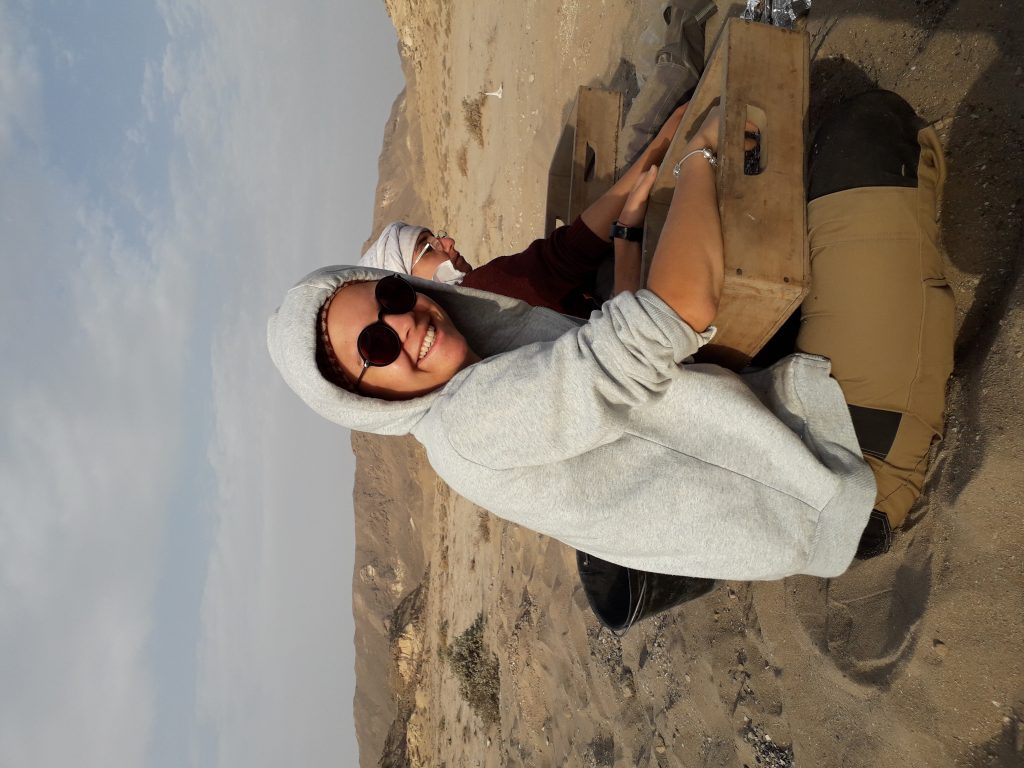
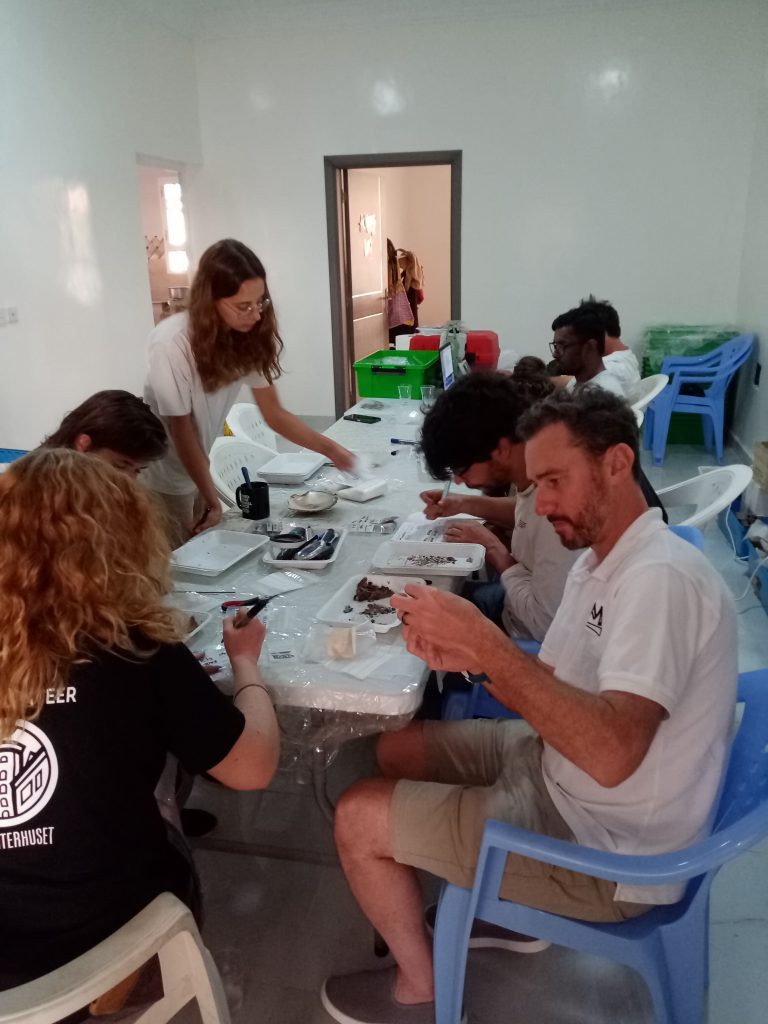
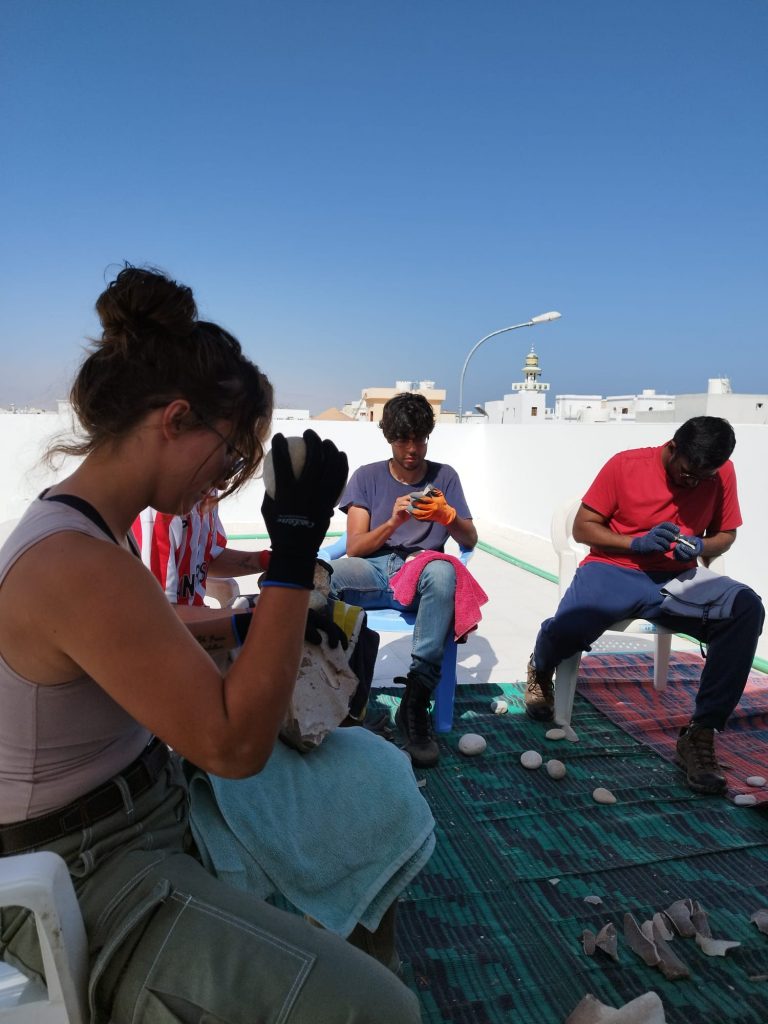
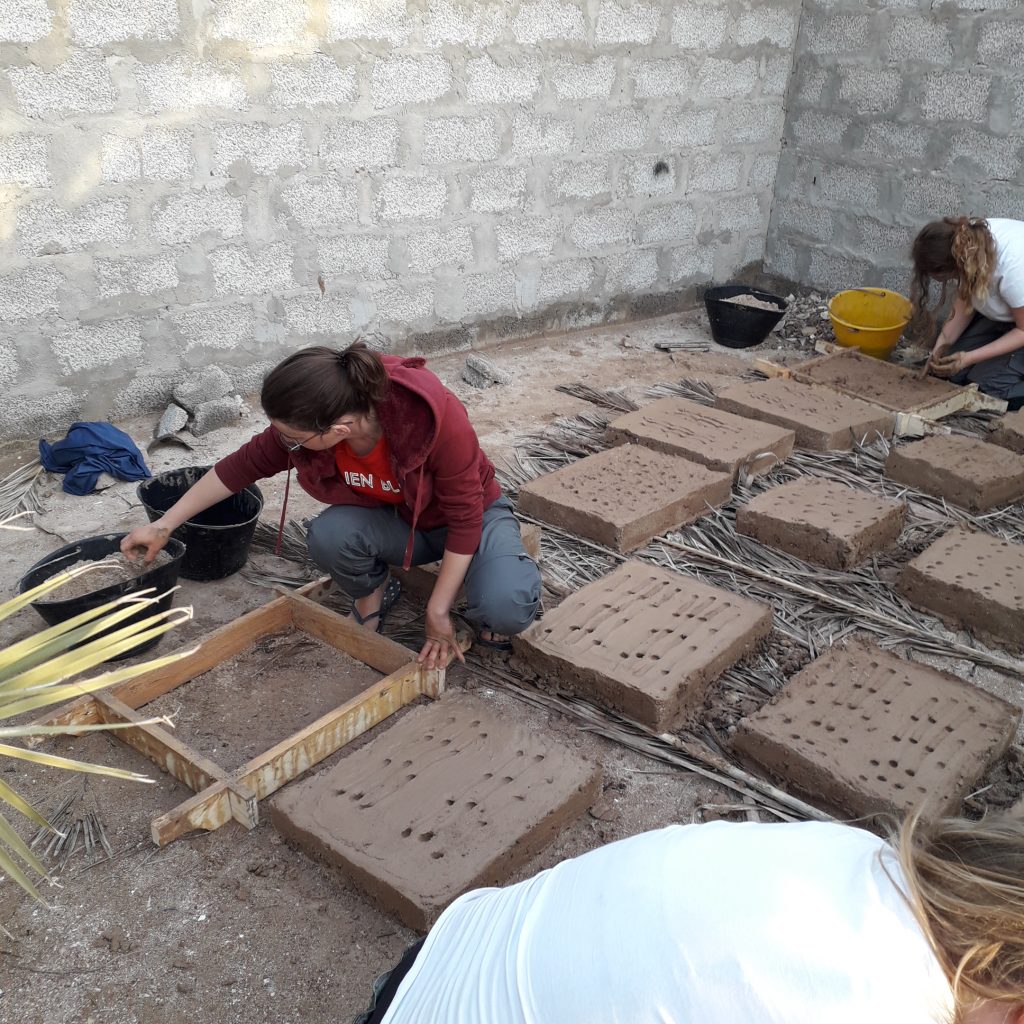
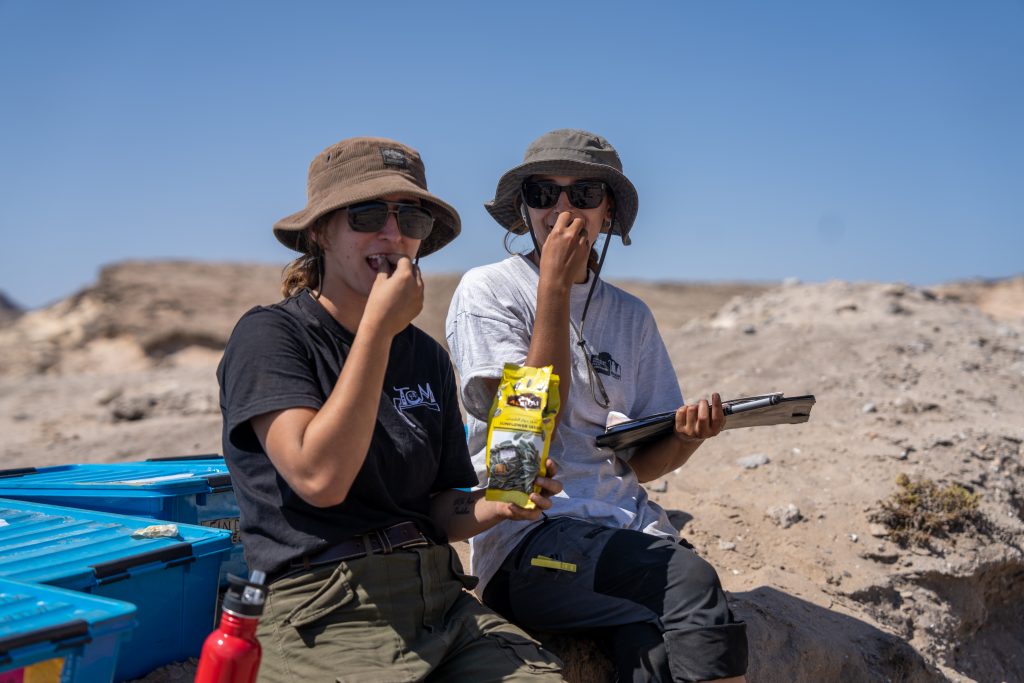
Location: HM43+F8 Sur, Oman
Season: January 31, 2025 to February 28, 2025
Session Dates: January 31, 2025– February 28, 2025 (arrival on Thursdays, beginning of work in the field on Saturdays)
Application Deadline: December 31, 2024
Deadline Type: Rolling
Website: https://www.archaeofieldschool.com/
Program Type:
Field School
RPA Certified:
No
Project Director:
Valentina Azzarà and Alexandre De Rorre
Project Description:
SHIYAH
The Shiyah Project, led by Valentina Azzarà and Alexandre De Rorre, focuses on the early phases of the development of socio-economic complexity within the prehistoric populations of Oman and their transformations at the transition between the Late Neolithic and the Early Bronze Age (c. 4300-2000 BCE). The project is centered on the exploration of two settlement sites marked by a series of multicellular stone structures used most likely for domestic purposes, and previously unexplored.
The site known as SHI 4, identified by the Joint Hadd Project in the late 80s, is attributed to the 4th millennium BCE. Quite similar in what concerns the structural layout and the extension of the settled area, but characterised by a different array of material assemblages, the site of RJ 142 was occupied during the Early Bronze Age, and perhaps in previous phases.
By starting fresh exploration at these sites and collecting a large set of data, the project intends to bring attention to a type of settlement quite widespread in this coastal area of the Sharqiyah region, between Sur and Ras Al Jinz, which has never been the object of in-depth investigations so far. Thanks to the investigation of the two sites, the diachronic perspective will shed light on the formative phases of this type of village community and on their evolution through time.
THE FIELD SCHOOL
Time Of Magan Field School programs are an excellent opportunity for BA and MA students to gain experience in the field of Arabian Archaeology, and more broadly in settlement archaeology (excavation and documentation) and artefacts/ecofacts processing and recording.
We provide a range of expert-led research focused training designed to introduce students to practical archaeological field methods, and to build and expand on knowledge and experience gained during your university studies.
The training includes:
In-field methods and
post-excavation procedures
In the field
Post-excavation laboratory activities
THE FIELD WORK
Once we start field work, the day is fairly full. We have breakfast at 6:00 am and we leave the house for the field at 6:30 am – arriving there by 7:00 am.
We have a break at around 10:00 am with a quick snack. Work in the field ends each day at 1:30 pm.
After the lunchbreak, the afternoons are reserved for lab activities, which can be followed by core and thematic lectures. Around 8:00 pm we eat dinner as a group at the house.
Thursdays are dedicated to core lectures and experimental archaeology projects such as mudbrick making, bead making, etc.
Weekend is from Thursday afternoon to Friday night and sometime could be extended for trip purposes. It is advised to arrive in Oman on Thursday to start the field work at the beginning of the working week (Saturday).
OUR HQ
Students and most staff members will be staying in a dedicated house in a quiet neighbourhood in the city of Sur in the Sharqiyah region. The accommodations are shared bedrooms, with three to five persons per room, and usually a basic shower and toilet in each room. Sheets and pillows will be provided, but participants should bring towels and sleeping bags.
FEE OVERVIEW
The field school fees cover in-field transportation, field equipment, accommodation, all meals except Friday, instructor fees, and field trips to sites of interest in the area.
Weekends are yours to explore the cultural and natural attractions in the area.
Airfare and your personal gear are your responsibility.
At the end of the Field Program, students will receive a certificate of participation stating the hours and activities of the training. Participants that perform remarkably well may receive a letter of recommendation from our organisation upon request.
No prior experience on an excavation is required to participate in this field school.
APPLICATION AND FEES
Minimum 7 / Maximum 15 participants
Period: January 31, 2025– February 28, 2025 (arrival on Thursdays, beginning of work in the field on Saturdays)
2 weeks minimum of participation are required. It is advised to participate for 4 weeks.
All fees should be paid 1 month before arrival.
Airfare and personal insurance not included in the fees
Participants must operate under an Official Visa issued by the Ministry of Heritage & Tourism at a cost of $55 (see above); the active participation in the Project of individuals who entered Oman under a Tourist visa is not allowed. Documents for issuing the Official Visa (Passport copy, father’s name, and photograph) must be provided as soon as possible and at the latest 30 days before the arrival of the applying individual in Oman.
The field school operates on a first arrived first served policy. Upon acceptance to the field school, a $555 wire transfer will be requested to secure a spot in our program and cover the official visa fees. This fee is not refundable.
The remainder of the fee can be refunded until two weeks before the departure date.
Application method: Send CV and letter of motivation to fieldschooloman@gmail.com
Application deadline: Applications will be considered upon submission and can be sent until 31 December 2024 and no later.
Project leaders:
Valentina Azzarà (Research Associate- Faculty of Archaeology, Leiden University/ National Geographic Explorer)
Alexandre De Rorre (Independent Researcher)
Period(s) of Occupation: 4th millennium BCE
Notes:
Participating in an archaeological campaign is an exciting work, but it is also sometimes tiring and challenging. It is important that you are ready and fit for outdoor physical activity. The typical day starts early in the morning and runs until late-afternoon.
Project Size: 1-24 participants
Minimum Length of Stay for Volunteers: 2 weeks
Minimum Age: 18
Experience Required: No prior experience on an excavation is required to participate in this field school.
Room and Board Arrangements:
OUR HQ
Students and most staff members will be staying in a dedicated house in a quiet neighbourhood in the city of Sur, in the Sharqiyah region. The accommodations are shared bedrooms, with three to five persons per room, and usually basic shower and toilet in each room. Sheets and pillows will be provided, but participants should bring towels and sleeping bags.
FEE OVERVIEW
The field school fees cover in-field transportation, field equipment, accommodation, all meals except Friday, instructor fees and field trips to sites of interest in the area.
Weekends are yours to explore the cultural and natural attractions in the area
Airfare and your personal gear are your responsibility.
At the end of the Field Program, students will receive a certificate of participation stating the hours and activities of the training. Participants that perform remarkably well may receive a letter of recommendation from our organisation upon request.
Time of Magan
Einsteinweg 2
Leiden
2333 CC
The Netherlands
Phone: +31 71 527 2727
The AIA is North America's largest and oldest nonprofit organization dedicated to archaeology. The Institute advances awareness, education, fieldwork, preservation, publication, and research of archaeological sites and cultural heritage throughout the world. Your contribution makes a difference.
Notifications